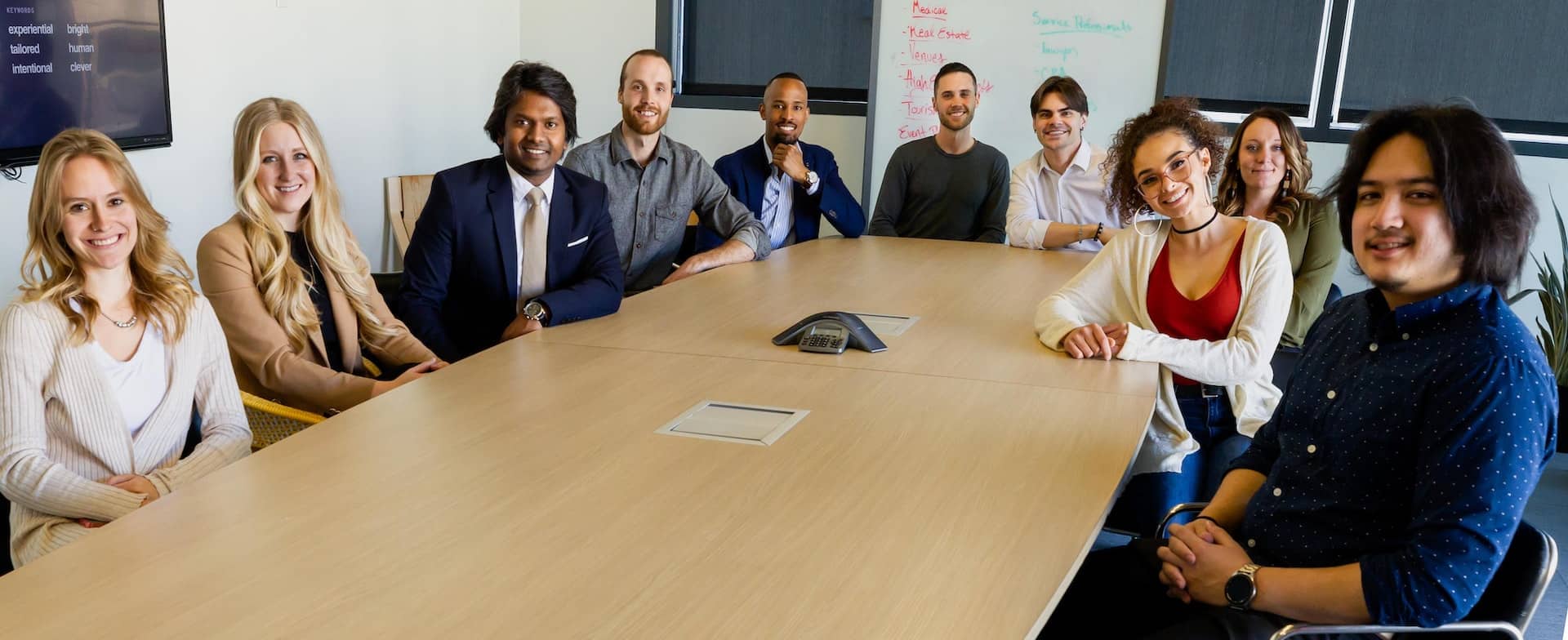This article offers the business owner important information about the role of HR in a merger or acquisition.
It is part and parcel of the commercial arena that businesses change hands. Companies often merge, as it makes total sense for both parties, while expanding companies often acquire smaller enterprises. Do HR play a role in mergers and acquisitions? They most certainly do!
The Evaluation Process
When a business is up for acquisition, the parent company require a detailed HR report, which is an essential aspect of valuing the operation. There are HR consultants in the UK and anywhere else in the world that can handle such a request and prepare the right documentation that the Board of Directors would need. Non-Disclosure Agreements need to be signed, as leaked information could have serious impact on the acquisition or merger.
Third Party Involvement
Both parties in a merger or acquisition would prefer to have an independent assessment of the company’s human resources; the best solution is to call in an independent HR consultant and task them with the HR assessment. A professional team of HR experts can quickly evaluate a workforce and following accepted protocols, can present the Board with a full report so that the acquisition or merger process can continue.
HR Assessment Report
The HR assessment report would include the following:
- Full organisation chart
- Employment contracts of all employees
- Payroll records
- Full details of all employer contributions along with future liabilities (private and state pensions)
- Management compensation
When valuing a business operation, HR is an integral part of that assessment and it is essential that the report is submitted according to the agreed timeline.
Post Agreement
Once a merger or acquisition is agreed, the workforces must be integrated, which usually involves redundancies. The HR consultant is experienced with this type of operation and can manage the successful transition with comprehensive reporting to management.
Workforce Integration
This is a crucial step of the merger/acquisition process, which involves the following:
- Communication strategy
- Combining organisation cultures
- Determining redundancies
- Staff retention
The goal is to have minimal disruption throughout the merger/acquisition process, while overseeing the entire process. Management needs to be integrated quickly, so that a solid management team are able to direct the workforce from day one. Shop floor employees must also be integrated, ensuring that all bases are covered and everyone is happy with their new role within the organisation.
Cultural Alignment
Whether a merger or acquisition, it can be a challenge to blend together different work cultures. Every organisation creates their own culture and this can often be opposing to the other party’s culture, which does present a challenge. The HR consultant would obviously make a few recommendations on how best to align the two cultures and when management is in agreement, those recommendations are implemented.
Risks Associated With M/A

There are common risks with any merger/acquisition, which are as follows:
- Incompatible business cultures
- Differing management styles
- Lack of key talent
- Poor communication
It is the role of the independent HR consultant to analyse the potential issues and take steps to manage all issues. Of course, there will be redundancies made with a merger or acquisition and the choice of employees that stay within the organisation is obviously critical. If you are planning a take-over or merging with another business, it is important to have the HR assessed and valued accurately.
There are many potential obstacles to a merger/acquisition and the role of an independent HR consultant is a critical one. One of the first things to do is to carry out an HR evaluation, as without this, a deal cannot be reached. The HR of any organisation is very valuable and it takes an expert to provide an accurate evaluation of the company’s HR assets.








